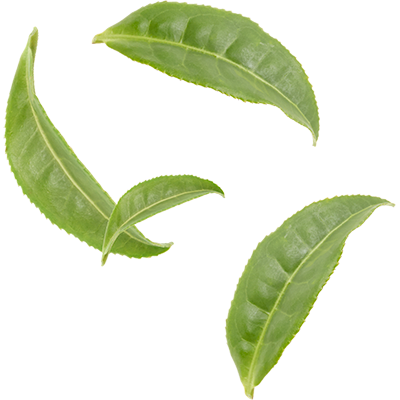Author:


If you're looking for a safe and natural way to improve your health, this increasingly popular treatment of supplements might be right for you. For as long as we have existed, people have been finding new ways in which natural dietary substances can help heal and improve our health. According to experts at the University of Minnesota Earl E. Bakken Center for Spirituality and Healing, one of the most popular and rapidly growing natural treatments in the United States, are botanical solutions.
Botanics are plants, herbs and spices valued for their medicinal or therapeutic properties. People are finding ways to utilize these plant parts to improve our health, treat symptoms, and prevent disease. They are becoming more and more popular in the United States and are used similar to how modern pharmaceuticals are used today. Many people prefer to use these botanics as a healthy alternative to conventional drugs.
They are also sold as dietary supplements, however many people use botanics the same way they use over the counter remedies that are available at local pharmacies. There are many different types of botanics that are said to have exceptionally positive health effects. One example is Black Cohosh which has shown in clinical studies to be effective for treating symptoms of menopause and PMS. Not only can botanicals be used for physical health, but they can also treat psychological symptoms, “St. John's wort alleviates common psychological symptoms, such as insomnia, anxiety, or mild depression.”
An article by the National Institute of Health explains that botanics are sold in many forms: fresh or dried products; liquid or solid extracts; tablets, capsules, powders; tea bags; and other forms. This article also explains the different types of botanics and their benefits, “Chamomile and peppermint, both mild botanicals, are usually taken as teas to aid digestion and are generally considered safe for self-administration. Kava, is reported to have an immediate and powerful action affecting anxiety and muscle relaxation.” Clinical studies indicate that botanical medicines have applications both for the maintenance of cardiovascular and circulatory health, as well as for treatment of cardiovascular dysfunctions such as arrhythmia and mild hypertension (or high blood pressure).
Although dietary supplements are not required to be standardized by the United States, there is said to be “considerable amount of scientific and clinical evidence for the use of botanicals.” Furthermore, “Scientists have renewed efforts to study botanicals, resulting in increasing scientific evidence for the safety and efficacy of many botanical medicines, especially for chronic diseases and health maintenance.”
After doing much research on this upcoming medical trend in today's culture, botanics have proven to make many positive influences on people's health and well being. Continued research will increase the growing use of botanics and could become a great way to improve your health. It is recommended you contact your current physician prior to starting any new dietary program or taking any new supplement.